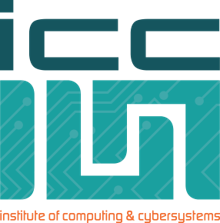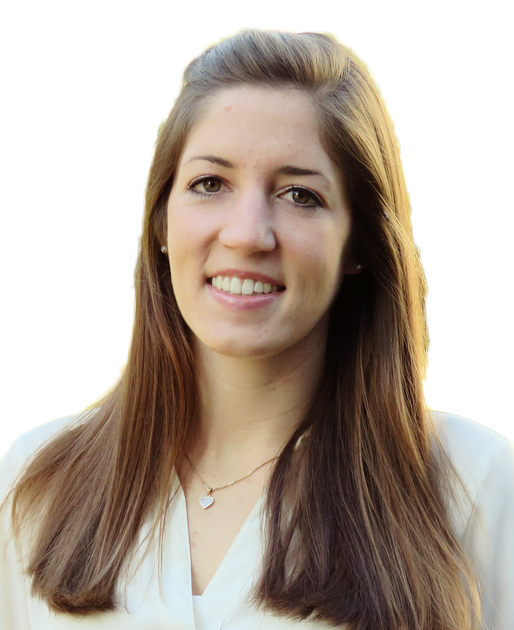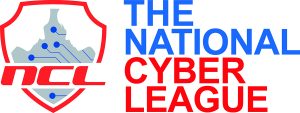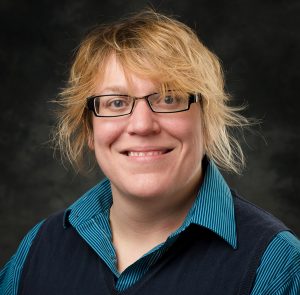
The Institute for Computing and Cybersystems (ICC) and ICC Director Tim Havens cordially invite members of the Health Research Institute (HRI) and the Institute for Policy, Ethics, and Culture (IPEC) to an ICC Institute Mixer on Friday, January 24, 2020, from 3:00 to 5:00 p.m. in Rekhi 214. Please join us to learn more about the ICC, network with our member researchers, and share information about your research institute. Refreshments will be served.









